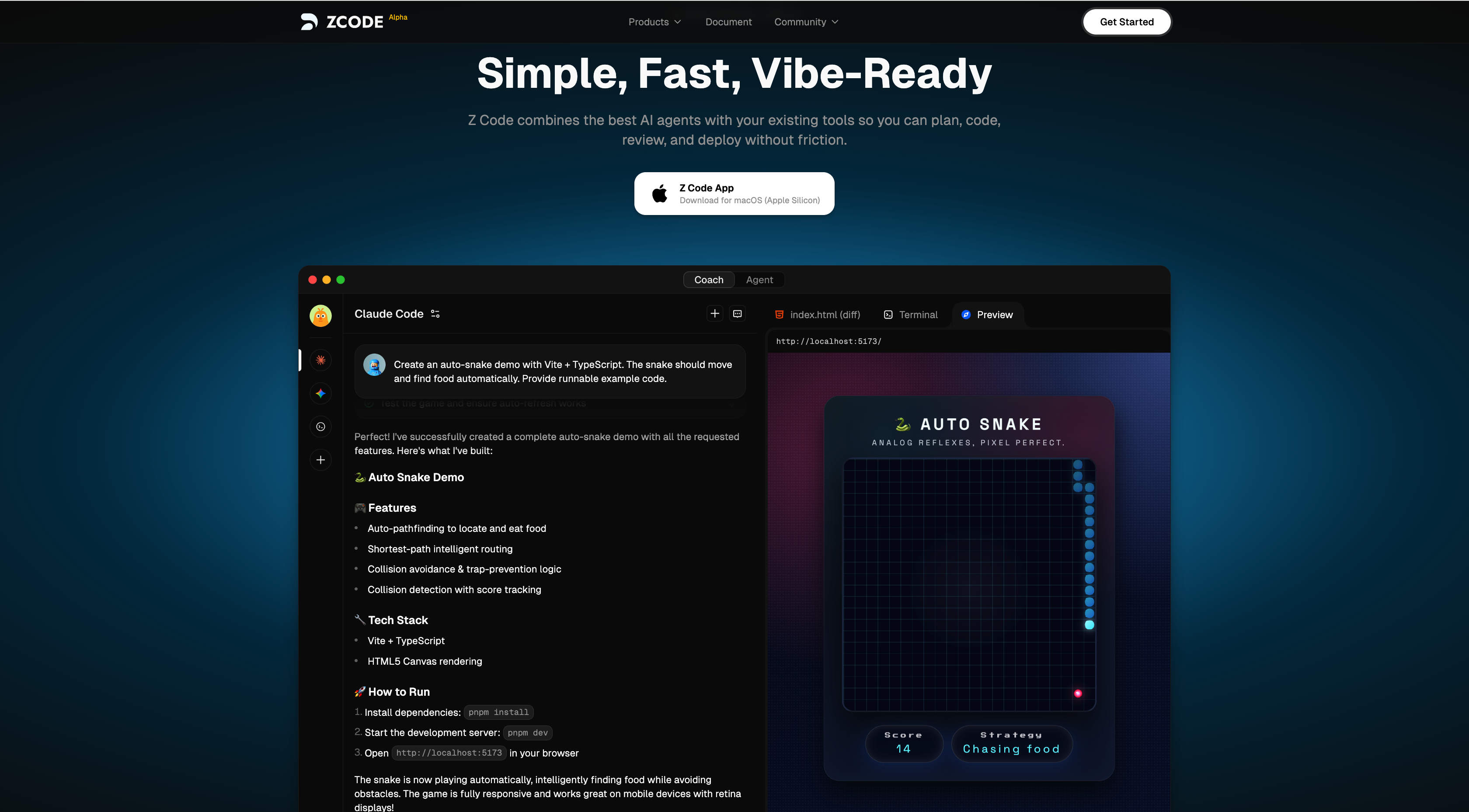AI startup Perplexity is reshaping our online reading experience with its innovative approach to web information interaction. However, the company has recently faced controversy for bypassing industry standard protocols and circumventing the Robots Exclusion Protocol to access restricted web content.
According to Wired and developer Robb Knight, Perplexity's AI platform, despite being banned by some publishers, continues to crawl websites using undisclosed IP addresses.

Image source: The image is AI-generated, provided by the image licensing service Midjourney
Perplexity promises to provide accurate and concise summaries of web articles, reducing users' browsing time. However, investigations have found that the company bypasses robots.txt directives, raising concerns about copyright infringement. CEO Aravind Srinivas has defended the company's practices, but faces criticism over copyright issues. Forbes has threatened legal action due to Perplexity repurposing its content without proper authorization.
Unlike other AI entities such as Google, which direct traffic back to the original sources, Perplexity's model diverts users away from the original content, sparking ethical and legal dilemmas in the digital media field. Perplexity attempts to establish revenue-sharing partnerships with content providers, similar to OpenAI's strategy, but with varying degrees of success.
As the tech industry grapples with the impact of AI integration, Perplexity's controversial methods highlight the evolving complexities of online information acquisition and distribution.










